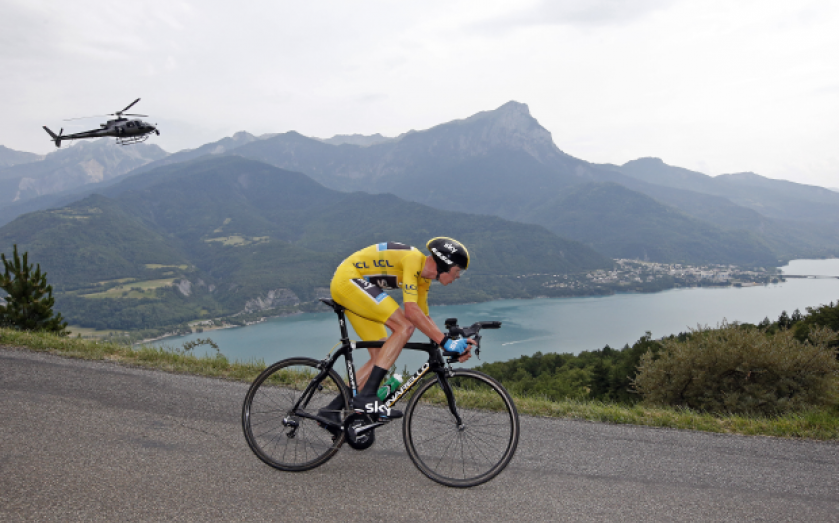Lessons for regulators from Chris Froome’s Tour de France victory

MANY of us have been enthralled by Chris Froome’s Tour de France win, helping restore our faith in this global event.
Cycling’s regulator’s overwhelming problem is to maintain the credibility of the competition by deterring, detecting and punishing cheating.
We can use the Union Cycliste Internationale (UCI) as an analogy for the British financial regulatory system. The teams are like regulated financial firms, with shareholders as well as managers. The riders are the products, from plain vanilla, off-the-shelf items to star asset managers.
The spectators are like financial consumers. They reward sponsoring firms by purchasing their products. They will walk away if they suspect they are watching cheats. Prizes are like bonuses and rival teams provide incentives to compete, including the possibility of better-paid jobs.
We know there are the incentives to cheat, especially for teams that are falling behind. So it can be difficult for individual teams who want to break free and do the right thing.
These issues are rather familiar to regulators of retail financial conduct.
If a company is making large profits by selling hollowed-out insurance products as a costly add-on, other companies may not wish to follow suit, but criticism of their financial performance may lead them to.
So what does the UCI’s regulation of the Tour de France tell financial regulators? One clear message is investment in science. The drug testers need to be as up-to-speed as the teams if they are to catch them.
For the financial regulator, the equivalent is thorough research into how the markets operate, consumer behaviour and products.
Another message is that it is very hard to stop cheating. The regulator can lay down the levels of punishment that would prevent anyone from even thinking about breaking the rules if cheats were completely rational, but that doesn’t mean there will be no cheating.
What else can the regulator do? One avenue to explore is setting the conditions for true competition to flourish. This is vital for the FCA, given its competition objective and duty.
Financial products are not just complex. Typically, they are also medium or long-term contracts. Their true quality is appreciated sometime after purchase or sometimes, not at all.
This is a significant challenge for a regulator wanting to make competition work well for consumers, and one the FCA will be actively taking on.
Finally, it might be asked what is to stop firms colluding to good effect? Here competition economics may be informative. Cartels tend to be unstable due to the problems of detecting breaches of any agreement and establishing credible punishments for any breaches detected. It may be interesting to consider whether there is a role for a statutory regulator in co-ordinating an ethical initiative.
The Tour de France is a great institution, like the UK’s financial markets. In both cases, regulation can provide huge benefits by helping the true competitors to triumph.
Martin Wheatley is chief executive of the Financial Conduct Authority.
- Froome overwhelmed by historic Tour win
- Sport Comment: Sir Chris? Save the honours for when our sporting heroes retire